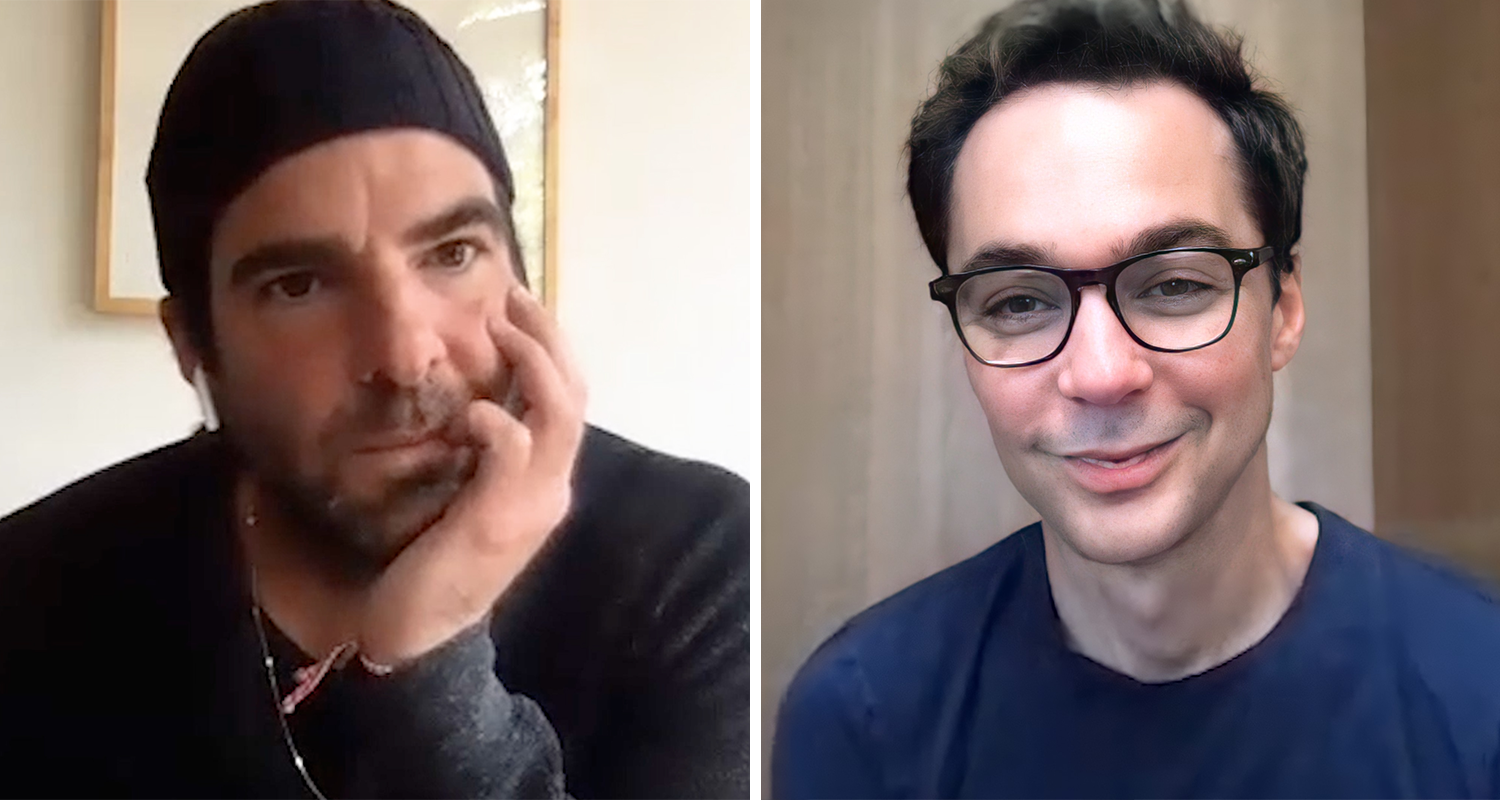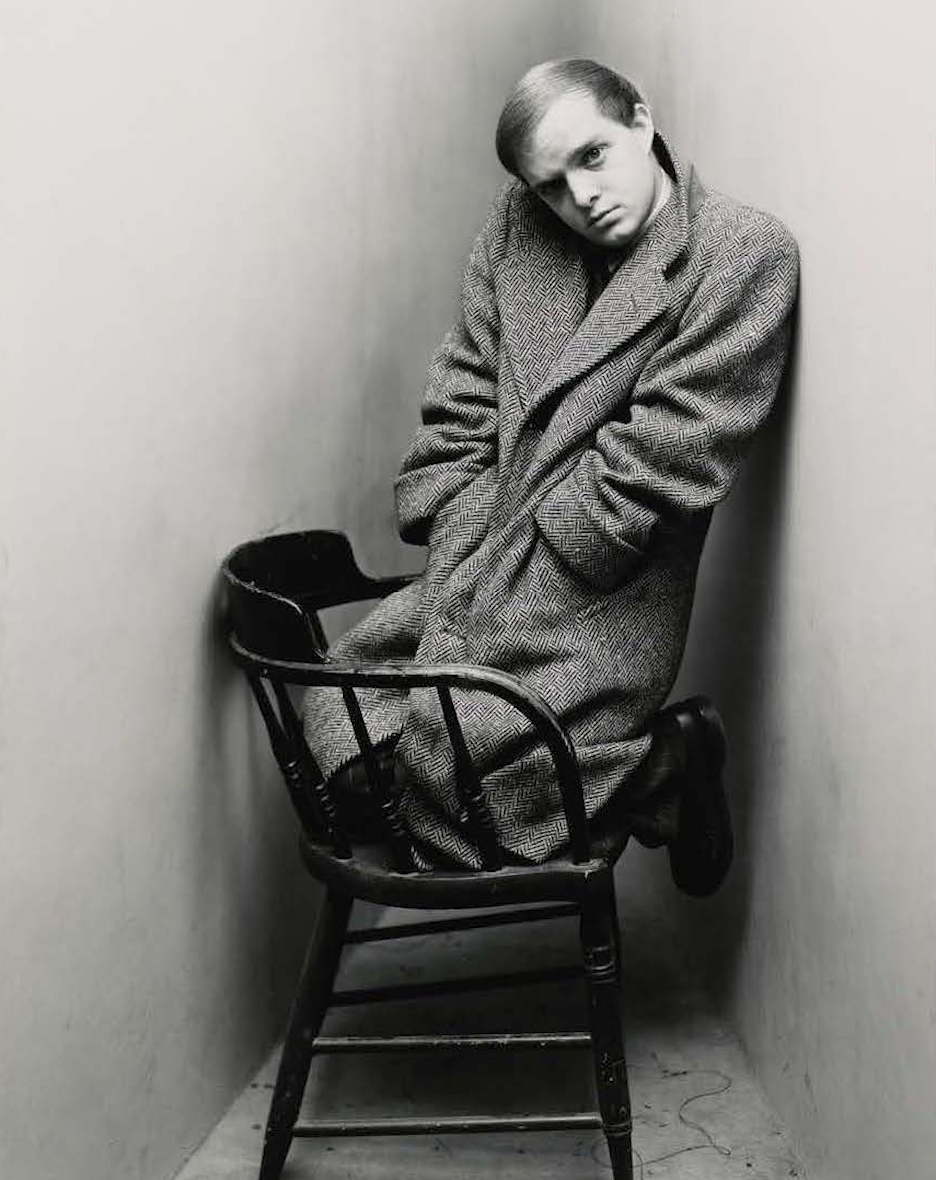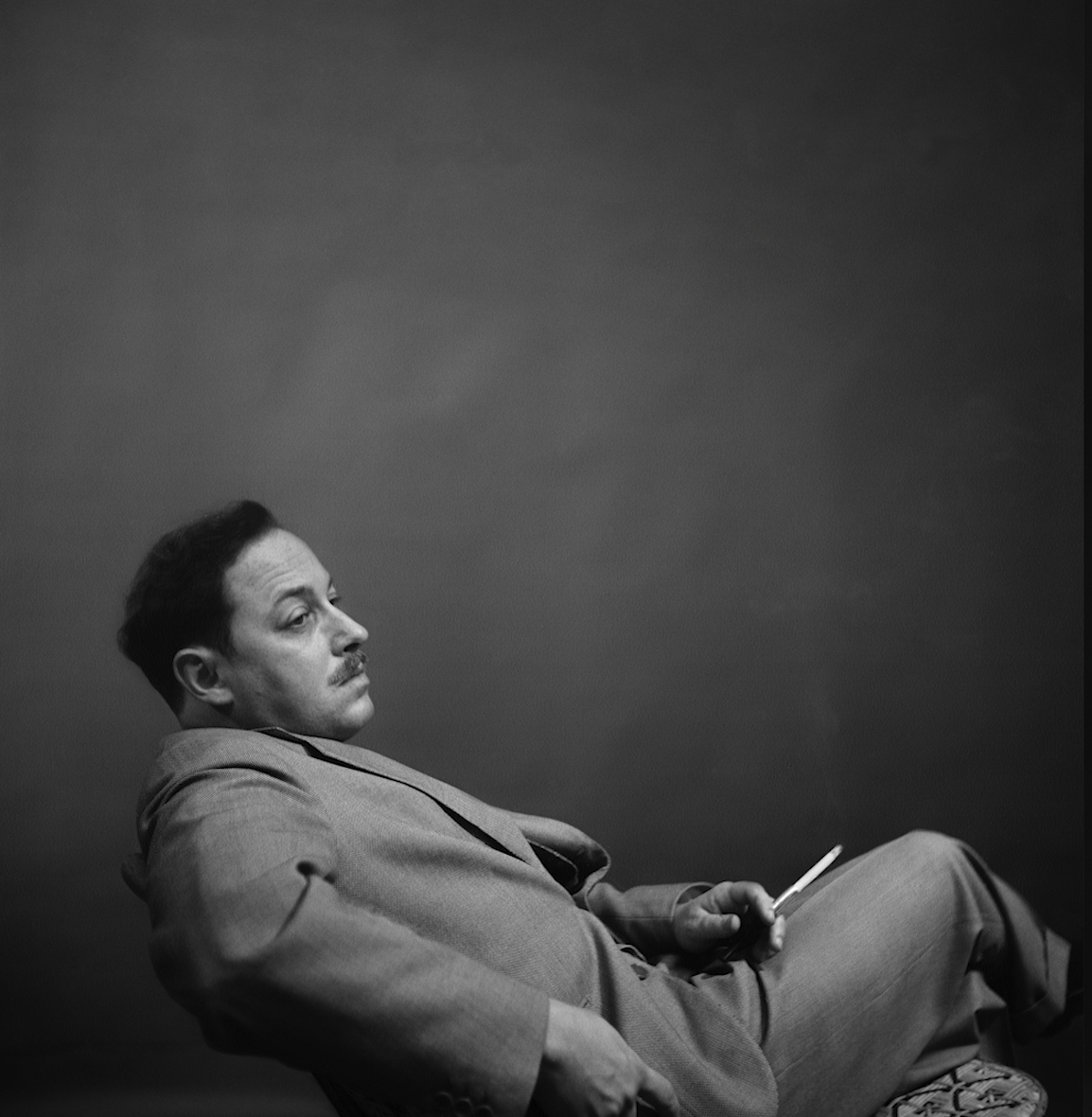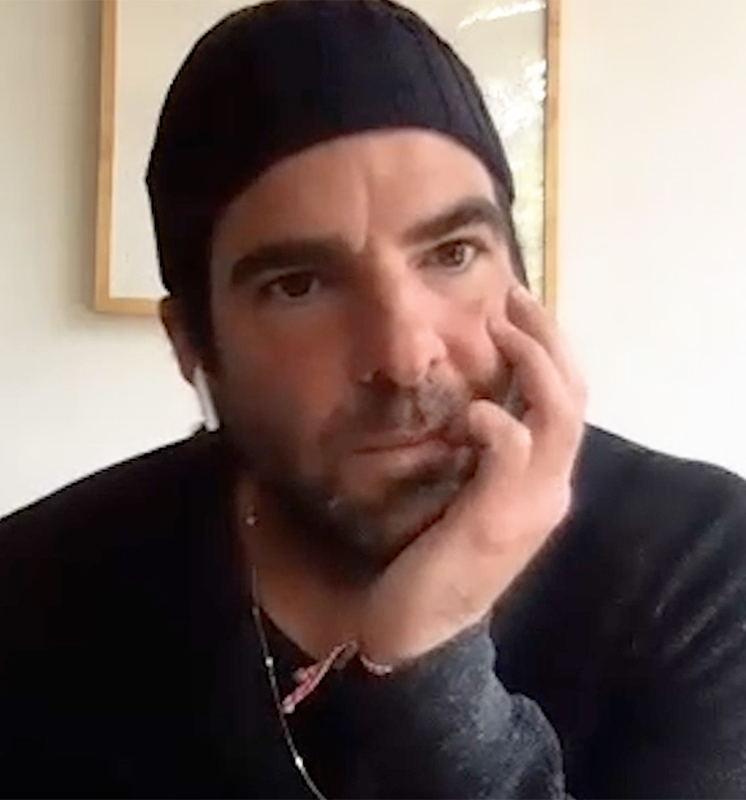Zachary Quinto and Jim Parsons on the pressures of being gay men the public eye
The Hollywood pair voice gay writing greats Truman Capote and Tennessee Williams in a fascinating new documentary.
By Will Stroude

Zachary Quinto and Jim Parsons have reflected on the pressures that come with being two of Hollywood’s most high-profile gay stars as they lend their voices to a new documentary charting the lives of two legendary gay writers.
Quinto and Parsons, co-starred in last year’s Ryan Murphy remake of The Boys In the Band, are once again exploring 20th queer works as they voice Tennessee Williams and Truman Capote respectively in Truman & Tennessee: An Intimate Conversation.
The new documentary from Lisa Immordino Vreeland charts the lives of Capote and Williams, whose fractious relationship and rare status as out gay figures during the mid-20th century is explored through archive footage and voiceover from Quinto and Parsons.
Both Capote and Williams were catapulted to fame in the 1950s, sparking a friendship and rivalry spanning nearly 40 years until their deaths within a year of each other: Capote in 1984 following years of alcohol abuse; Williams in 1983 following an overdose of barbituates in 1981.
In conversation with Attitude and author Paul Burston, Quinto and Parsons reflect on how Capote and Williams’ struggles with addiction and isolation compare to their own experiences as gay men blazing a trail in entertainment more than half a century later.
“I can’t pretend to fully understand what it was like to be a gay person in that era, but at the same time, I do feel that five percent more broken open in my mind about it”, muses Parsons, 48.
“It’s so non-note-worthy to see two gay men in these interviews the way we’re watching in this movie, right now, but it was a different era back then.

Truman Capote, 1948 by Irving Penn © The Irving Penn Foundation
“I don’t know what the average audience member was thinking when they were watching them, but I’m certain it was different that it is now, and they had less experience and less exposure to people like Truman and Tennessee.
“It fascinates me, and it fascinates me [how] being gay in that time affected their work and their art.”
“I wouldn’t trade the life I’m living through right now and the time I’m living through right now for the world, but I am intrigued by that idea of the degree to which they were pushed into their choices by things more strongly out of their control than what I’m living through right now.”
Star Trek actor Quinto, 43, highlights how his own “tendency” towards addiction is more understood and supported by those around him compared to Williams, whose iconic works include 1947’s A Streetcar Named Desire and 1955’s Cat on a Hot Tin Roof.
“As a sober person myself, I really feel like I have a relationship to, certainly the tendency towards that behaviour, but I’m living in a time where I think there are many more resources that I’ve been able to utilise to really address and look at those parts of myself that might otherwise find [an] outlet in self-destructive ways”, he reflects.
“We are encouraged in our contemporary society I think to more fully talk about our experiences, whether they relate to our sexual or gender identity or just the social pressures of the time.

Photo of Tennessee Williams Courtesy by Clifford Coffin
“I think there’s more of an integrated sense of self-examination now than there was then. And I do think that Truman and Tennessee among some of their other contemporaries were bearing a certain kind of burden for society, where their sexuality was an unspoken but undeniable part of their personas and who they were.
“And so I do think there comes a unique pressure with that, at that time in particular.”
Asked about whether the pressure to be a “good gay role model” as a gay man in the public eye in any way compromises their personal lives, Parsons, 48, replies: “I don’t feel compromised by it, but I think anybody – not even just LGBTQ+ people – right now who has any platform for any reason at all feels a certain obligation [to speak out].
“And many times, I’ll be blunt about [it], it’s fear: ‘I’m just trying to speak honestly, am I saying something wrong that’s going to cause me big issues?’

“To me, that can be a worrying aspect of being somebody who’s known by other people.”
Parsons, who came out publicly in 2012 at the height of his fame as The Big Bang Theory’s Sheldon, continues: “That being said, at a very personal level, it’s the kind of thing that’s allowed me to – both in my career and in my life – have experiences that I would never have had otherwise, so I would never complain about it.
“Well, in the privacy of my own home of course I would – not in an interview with you!”
Quinto, who came out shortly before Parsons in October 2011, explains that after years of frequently speaking out on LGBTQ issues, he’s also learned that “there’s value sometimes in just shutting up.”
“For me I feel, the whole last year has taught me, among other things, how much I have to learn, and how sometimes the best tool of learning can be – not necessarily silence, because I feel like I’ve always been someone who will acknowledge thigs if I feel like I need to acknowledge them, I’ll step up to something if I feel like I need to step up to it, socially or personally or politically – but there’s a lot of shifts happening in our culture right now that I think deserve space and consideration”, he says.

“So, I’ve been interested in looking at that and rather than just throwing myself into a fray of a controversy or a conversation or a public discourse, actually considering for myself, ‘Well, what do I add to that conversation, how can I actually make a difference in that conversation?’ And we’ve been given many opportunities in the last year to really see that.
“But I also think that pendulum swings the other way, and like Jim said there is this kind of, people are quick to respond and rush into judgments about things now in a way that I think feels a little volatile.
“So for me, I’ve certainly been full of observation and full of contemplation and wanting to make sure I’m contributing to things in a way that I feel reflects my integrity and my authenticity, but also makes things better where possible.
“And if it doesn’t, I understand there’s value sometimes in just shutting up.”
Truman & Tennessee: An Intimate Conversation is available on Dogwoof on Demand and other platforms in the UK and Ireland from 30 April.
